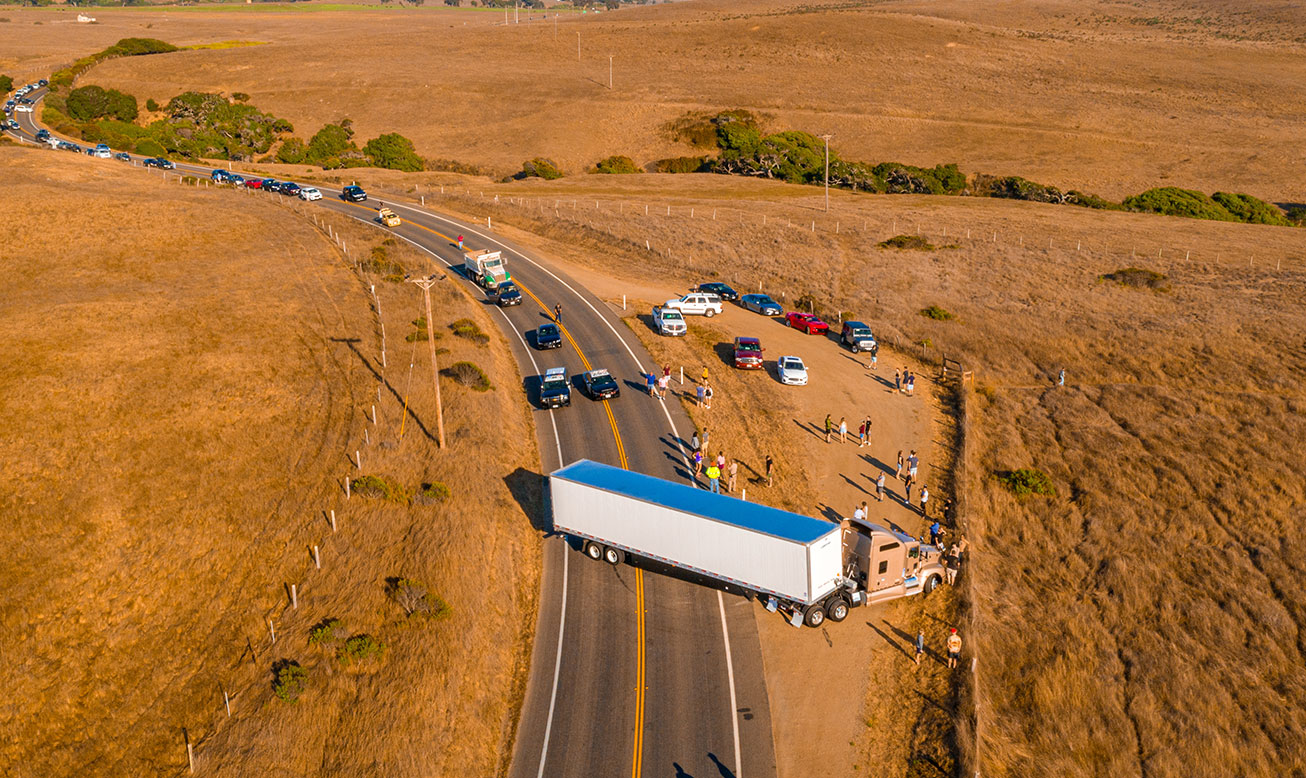May 16, 2024
The Importance of Insurance in Logistics
Logistics means that goods travel many distances and can change between various modes of transportation at different checkpoints. It is a never-resting sector that moves our country’s fast-paced economy. That’s why cargo safety and security are of utmost importance. Among the numerous challenges and risks that the supply chain industry faces, one aspect that demands immediate attention is cargo insurance. From protecting against physical loss or damage to mitigating financial liabilities, cargo insurance is a crucial tool in managing risks and ensuring the smooth operation of supply chains.
Cargo Insurance: The Basics
This essential element, also known as freight insurance, provides a safety net for logistics companies and shippers. It provides financial protection against the damage or loss of goods during transit and can cover a wide range of scenarios, including theft, accidents, natural disasters, and even acts of piracy. This flexible coverage mitigates financial risks while providing security and peace of mind, allowing logistics professionals and stakeholders to operate confidently, even in the face of unforeseen circumstances.

Types of Cargo Insurance
Marine Cargo Insurance – Explicitly designed for items transported by sea or inland waterways. It covers risks such as vessel sinking, collision, and jettison, ensuring that shipments are protected from the perils of the open ocean.
Air Cargo Insurance – It provides coverage for goods transported by air, offering protection against risks such as damage due to turbulence, theft, or mishandling. Given the time-sensitive nature of air freight, this type of insurance is indispensable for ensuring the timely and secure delivery of goods.
Land Cargo Insurance – It is designed for goods transported overland, whether by road, rail, or a combination of both. It safeguards shipments against accidents, theft, and damage caused by adverse weather conditions or road hazards.
Warehouse-to-Warehouse Insurance – This type of insurance offers comprehensive coverage, encompassing the entire travel of the goods from the point of origin to their final destination. It provides end-to-end protection, ensuring that shipments are safeguarded throughout the supply chain process.
Liability Insurance – Covers legal expenses and compensation for accidents or injuries involving logistics vehicles or personnel, protecting logistics companies from potential financial burdens.
The Role of Insurance in Logistics
As mentioned above, goods are always on the move, crossing multiple jurisdictions and state borders and facing various risks. Insurance plays a pivotal role in managing financial exposures and protecting the interests of stakeholders. For logistics companies, insurance is not just a safety net but a strategic instrument for managing risk, ensuring business continuity, and safeguarding against potential liabilities.
The logistics insurance market is characterized by a diverse range of products and providers catering to the unique needs of shippers, carriers, and everyone involved in the logistics sector. From traditional insurance companies to specialized underwriters and brokers, many options are available for securing cargo insurance coverage tailored to specific requirements.

Choosing the Right Logistics Insurance Coverage
When choosing logistics insurance, consider the following:
- 1
Types of Coverage – Different types of logistics insurance cover different risks. For example, transit insurance covers goods in transit, while warehouse insurance covers goods stored in a warehouse.
- 2
Policy Exclusions – Carefully review the policy’s exclusions, as they can significantly impact the coverage provided.
- 3
Specialized Coverage – Depending on your business and the goods you transport, you may need specialized insurance, such as marine cargo insurance for goods transported by sea or air cargo insurance for goods transported by air.
- 4
Working with Agents/Brokers – You must partner with an experienced insurance agent or broker who can help you choose the best insurance for your needs.
- 5
Cost and Coverage – Balance the need for good coverage with the insurance cost. Compare quotes from different companies to find the best value for your money.
- 6
Policy Flexibility – If possible, choose a policy that allows you to easily customize or extend your coverage as your business needs change.
- 7
Claims Process – Make sure you understand the claims process, including required documents, timeframes, and any potential challenges that may affect claims settlement.
Challenges and Opportunities
While cargo insurance offers invaluable protection against the uncertainties of logistics processes, it has some challenges. Complex regulatory requirements, evolving risk profiles, and the increasing frequency of disruptive events can significantly change the needs of insurers and logistics companies alike.
However, amidst these challenges, there are opportunities for innovation and collaboration. As stakeholders work together to develop innovative insurance solutions and enhance risk management practices, they can feel hopeful and inspired, knowing that they are contributing to the evolution and improvement of the industry.
At Last Mile Logistics, we strive to partner with the best options available for your business. Our extended transportation network can assist your company in getting essential protection against the many risks associated with transporting goods across the nation. So please call us so we can evaluate your transportation needs.

